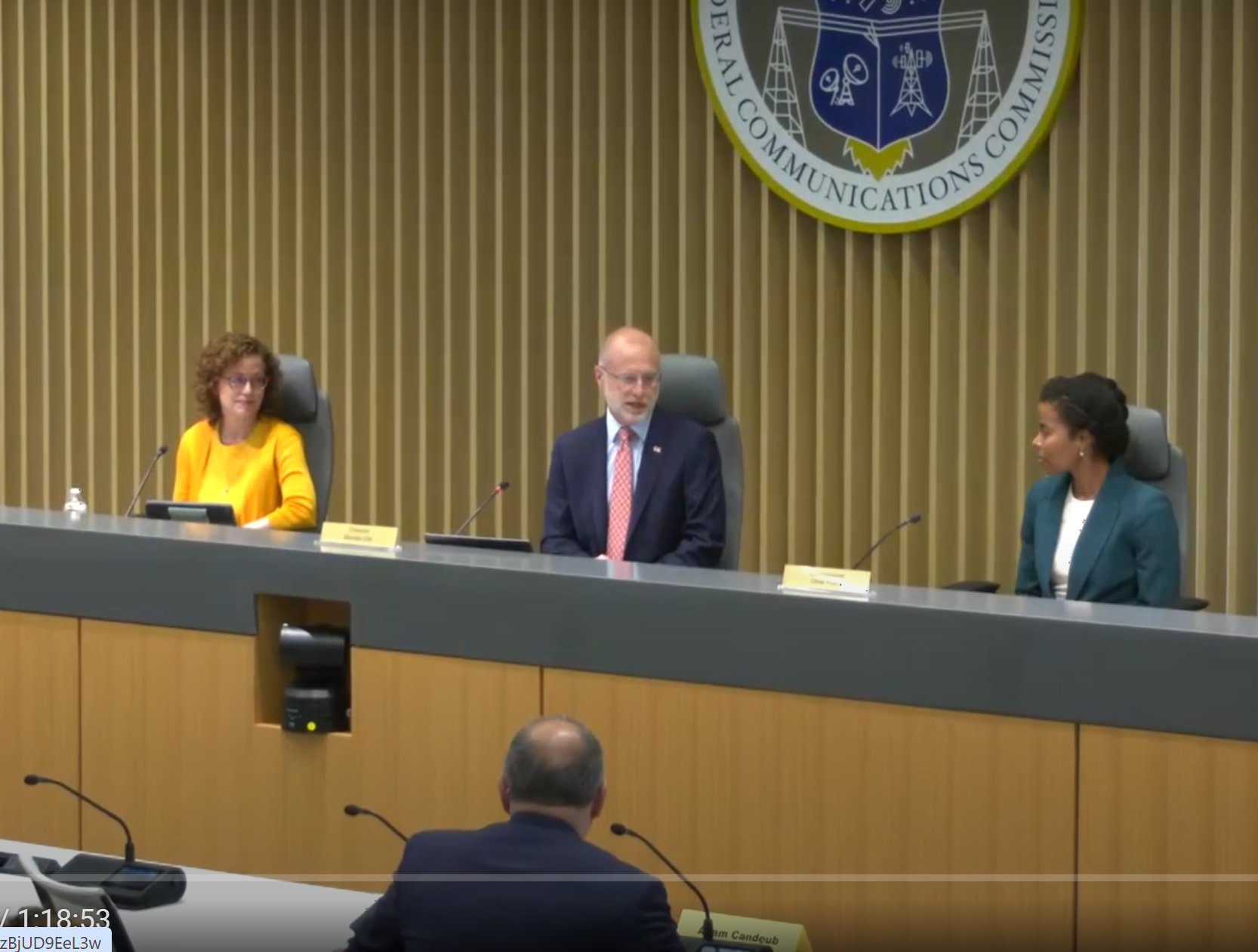EBU: Wi-Fi Carries 71 Percent of Mobile Wireless Data
GENEVA, SWITZERLAND—European broadcasters are countering what they consider common misperceptions in the debate over radio frequency spectrum usage.
“Current models overestimate by 100 times or more the mobile traffic density for 2020,” the European Broadcasters Union’s new one-pager on spectrum states. “Seventy-one percent of all wireless data to mobile devices in the EU was delivered using Wi-Fi, which offers better reception and is cheaper.”
The EBU is a collective of 75 broadcasters across Europe, who are under pressure from the spectrum demands of wireless providers, as with U.S. broadcasters. Over-the-air in Europe, however, serves 100 million households—nearly half—compared to the U.S., where a OTA reliance is estimated anywhere from 10 to near 20 percent nationally, though it varies widely across individual markets.
“The new EBU fact sheet on spectrum debunks common myths being espoused by some stakeholders, namely that the public’s use of live TV is falling, and that mobile operators require more of the UHF band—470 to 862 MHz—to appease its customers,” the EBU said. “Contrary to these beliefs, studies have shown that live TV viewing will account for 82 percent of all TV consumption in 2020.”
The EBU questions the wireless demand for UHF spectrum, when those services work on higher frequencies as well, while TV will not.
The “Fact Sheet” is a rallying cry to the membership to step up its defense. The governing body that determines allocation of spectrum is set to meet next year. The World Radiocommunications Conference, organized by the International Telecommunication Union every three to four years, will be held in Geneva Nov. 2-27, 2015.
The cry has been heard within ITU’s own working group on mobile services, which “failed to agree on future mobile spectrum requirements” at their meeting in Halifax, Nova Scotia in June, according to the EBU. The group, ITU-R Working Party 5D, or WP5D for short, had adopted a report in January proposing the mobile industry’s demand for spectrum reallocation at the 2015 conference. Members within the committee were critical of claims in the report, which included demand estimates EBU said were inflated by “a factor of 100 or more when compared with those which would normally be expected in urban and suburban areas of any developing country in 2020, leading to greatly exaggerated spectrum requirements.”
The professional video industry's #1 source for news, trends and product and tech information. Sign up below.
